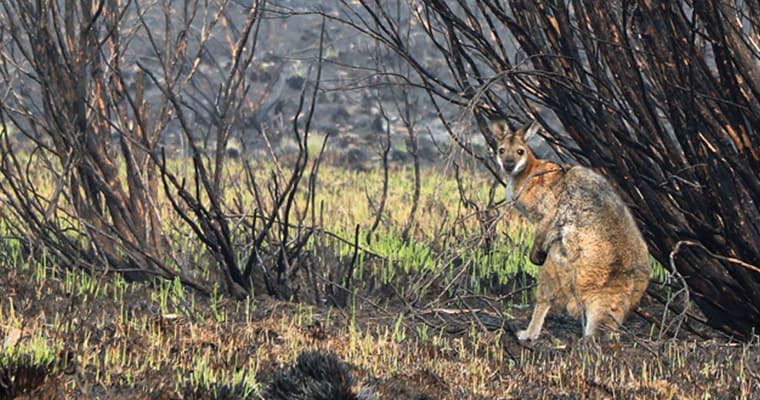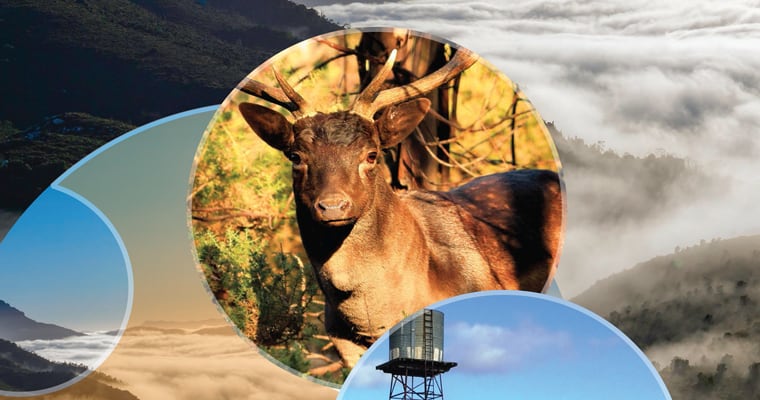Tasmania is ill-equipped to deal with potentially massive weed invasions sparked by climate change, environment groups have warned ahead of a major weeds forum in Campbell Town today.
Jarrah Vercoe from the Tasmanian Weed Society said that despite a growing awareness that some of Australia’s worst weeds are likely to flourish under climate change, very little is being done to identify which species will dominate under altered climatic conditions.
“Climate change is expected to bring more severe storms, floods, fires and drought, ideal growing conditions for many of Tasmania’s worst weeds including serrated tussock, gorse and willow,” he said.
“Yet very little research is being done that will help us identify and target threat species as parts of Tasmania become hotter and dryer or suffer dramatic increases in storm surges, flooding and drought.”
Tim Low from the Invasive Species Council, a national body that campaigns for tougher government action on weeds, pests and feral animals, echoed Mr Vercoe’s warning.
“Climate change adds far more urgency to the need to control weeds in Tasmania,” Mr Low said.
“Weeds already cost Tasmanian farmers upwards of $58 million a year, but we can expect this figure to skyrocket if we don’t get on top of possible weed invasions under climate change.
“This means a greater effort to reduce the number of weeds already damaging agriculture as well as stopping new weed invasions in Tasmania.
“We also need to guard against the weakening of Tasmania’s natural environment through better control of weeds in and around conservation areas and by improving the health of ecosystems to strengthen their resilience against future weed invasions.”
Mr Low warned that higher temperatures combined with wetter conditions in Tasmania could increase the virulence of the plant-killing disease Phytophthora Root Rot in World Heritage Areas.
“With at least 39 of Tasmania’s threatened plant species susceptible to Phytophtora Root Rot, and the potential for large-scale plant dieback, vulnerable ecosystems could become much weedier,” he said.
“Not all weeds will benefit from climate change but unless we act now it is likely that the pressures of change, disturbance and stress on native plants will lead to a considerably weedier world.”
Media contacts
For further comment from the Tasmanian Weed Society please contact Jarrah Vercoe on 0417 137 199 or email jarrah@tlwp.com.au. For comment from Invasive Species Council project officer Tim Low phone 07 3878 2099 or email isc@invasives.org.au.
Background information
– For more information please see our accompanying backgrounder or download it from the Invasive Species Council website – https://invasives.org.au/downloads/bgrounder-weedsclimatechangetas.pdf.
– The forum ‘Managing Weeds, Maximising Knowledge of Recent Research’ is being held in Campbell
Town, Tasmania, 9.30am-4pm on Tuesday 11 August, 2009.
– For images please contact John Sampson on 03 6227 9547 or email johnsampson@invasives.org.au.








